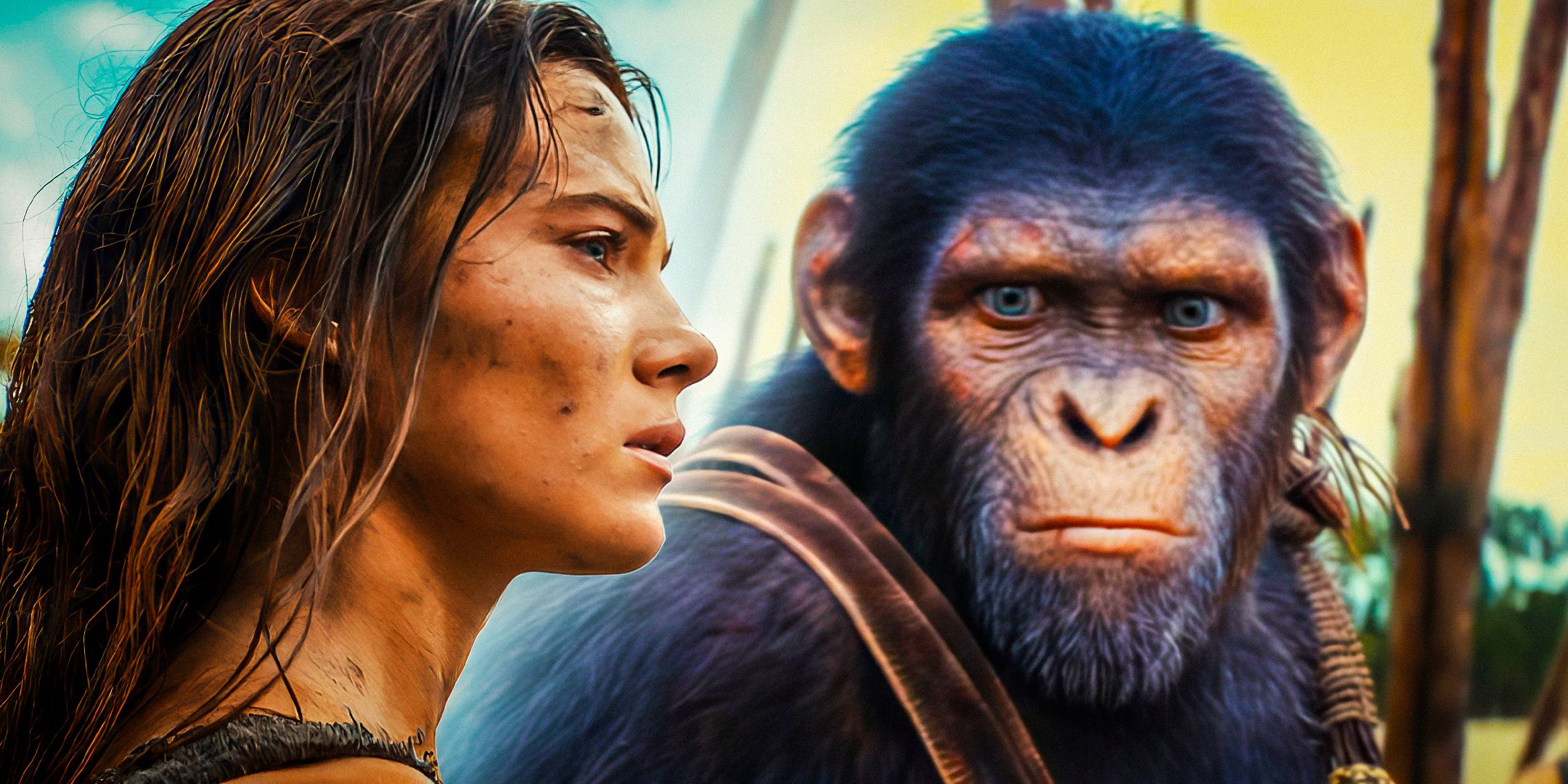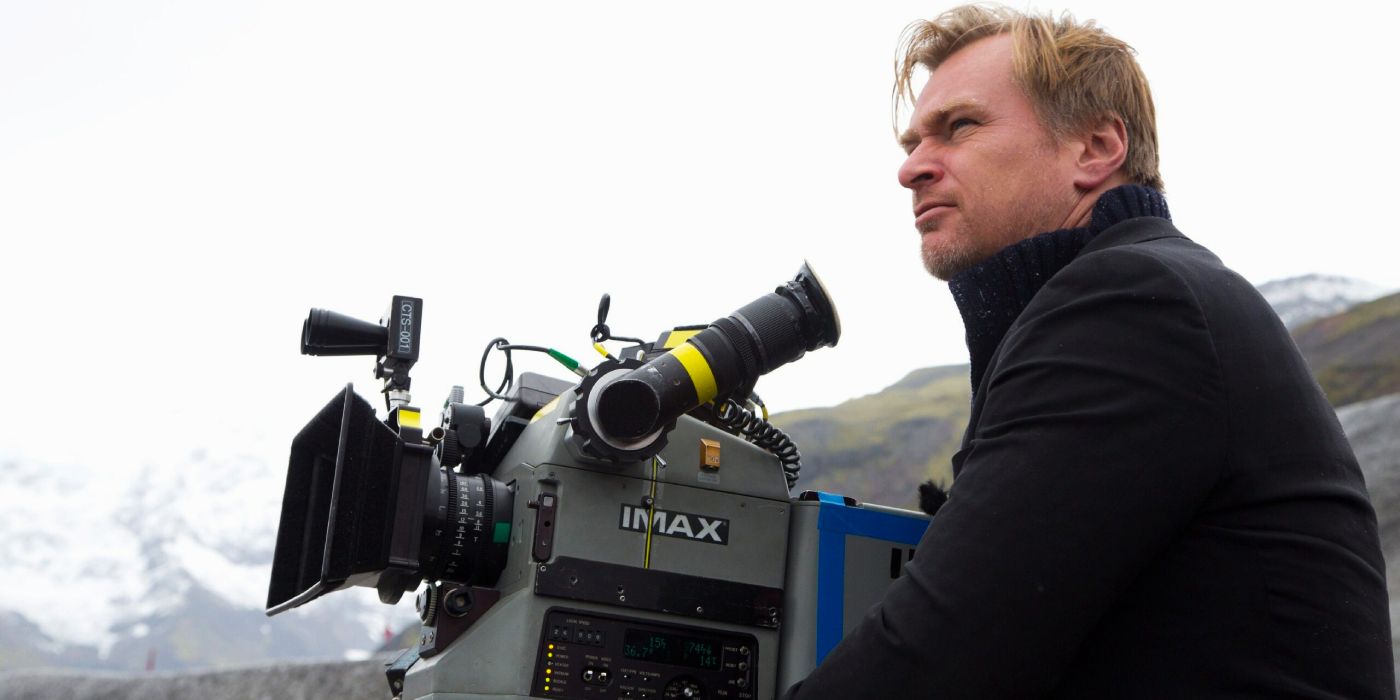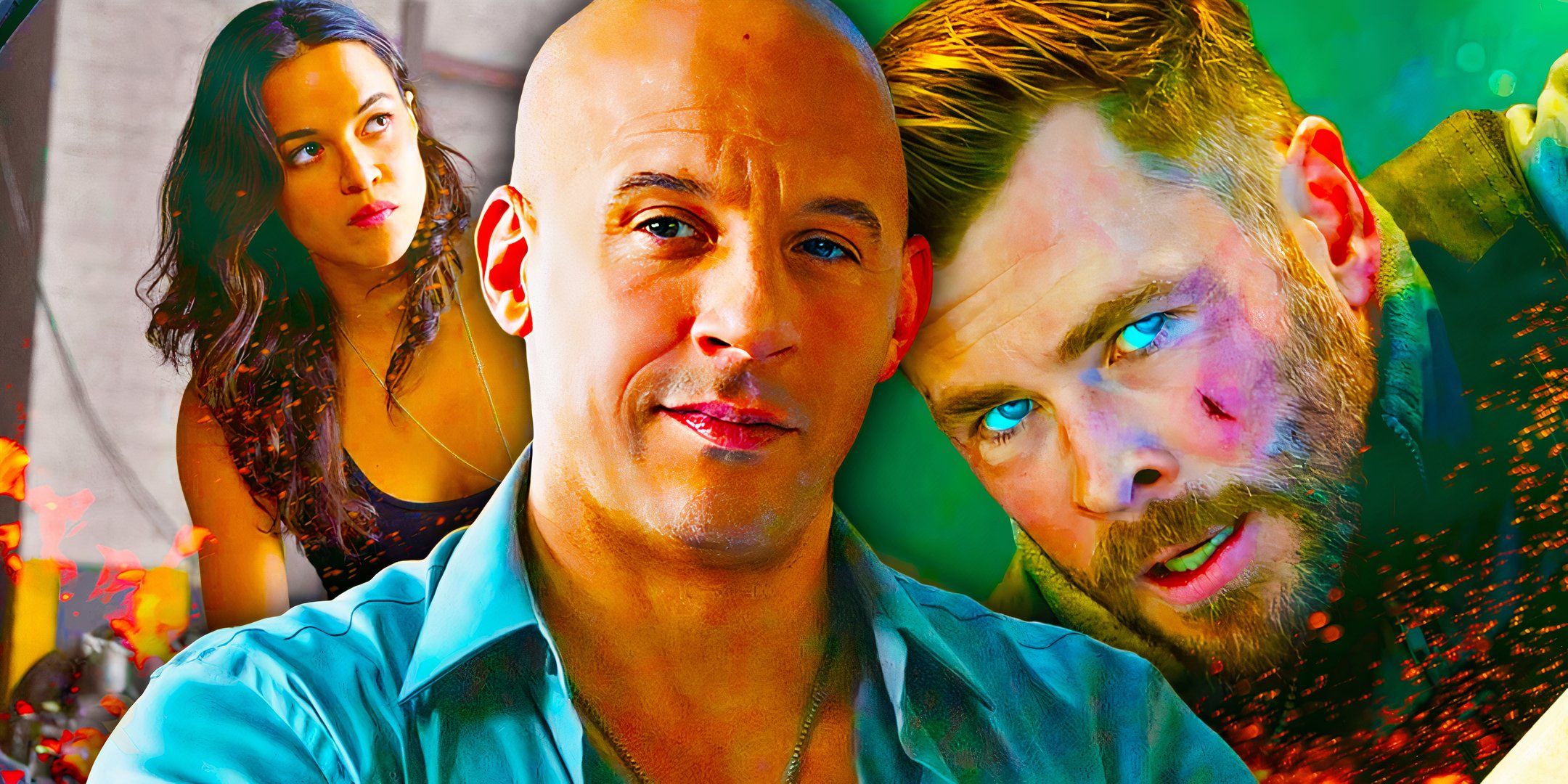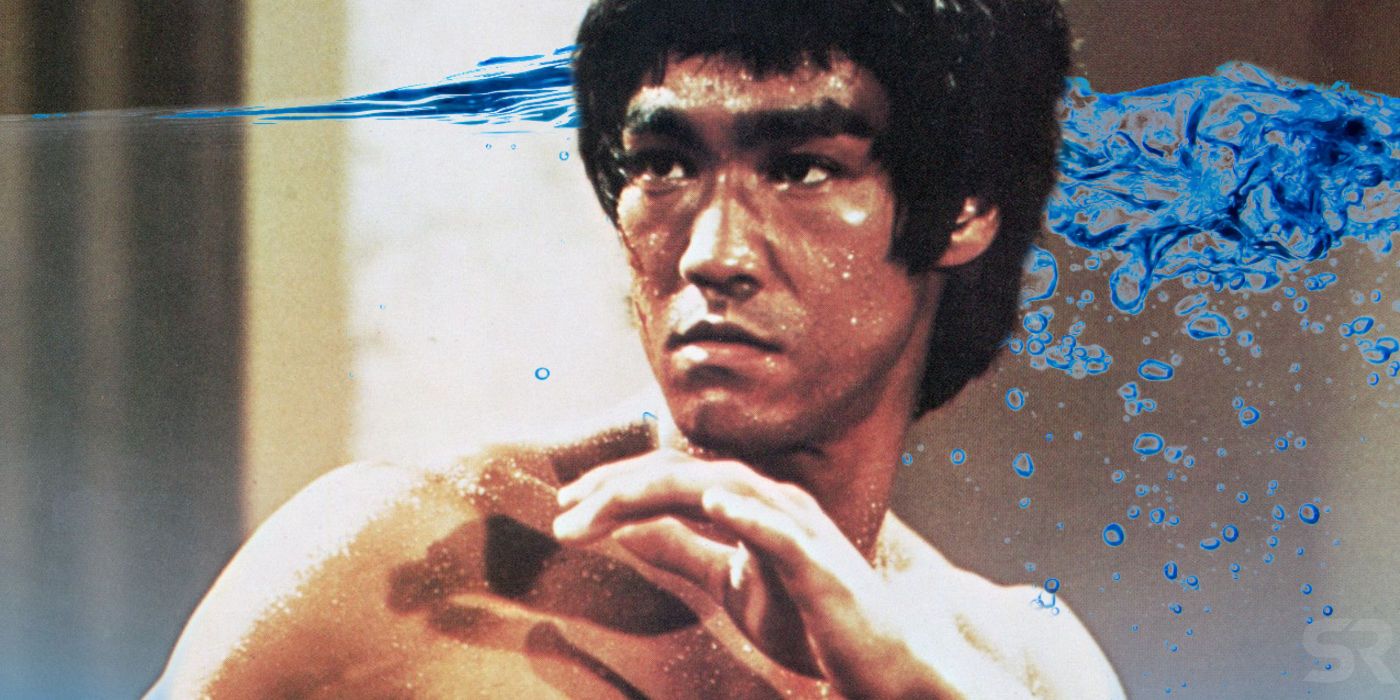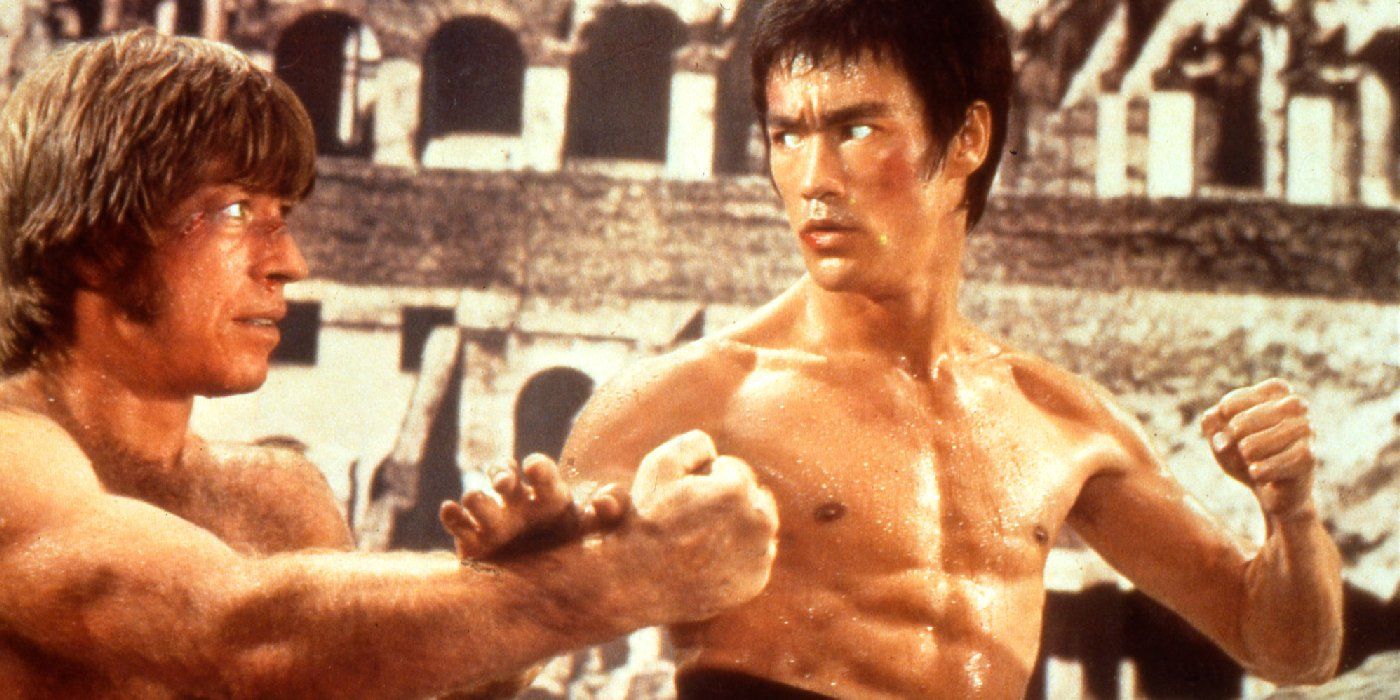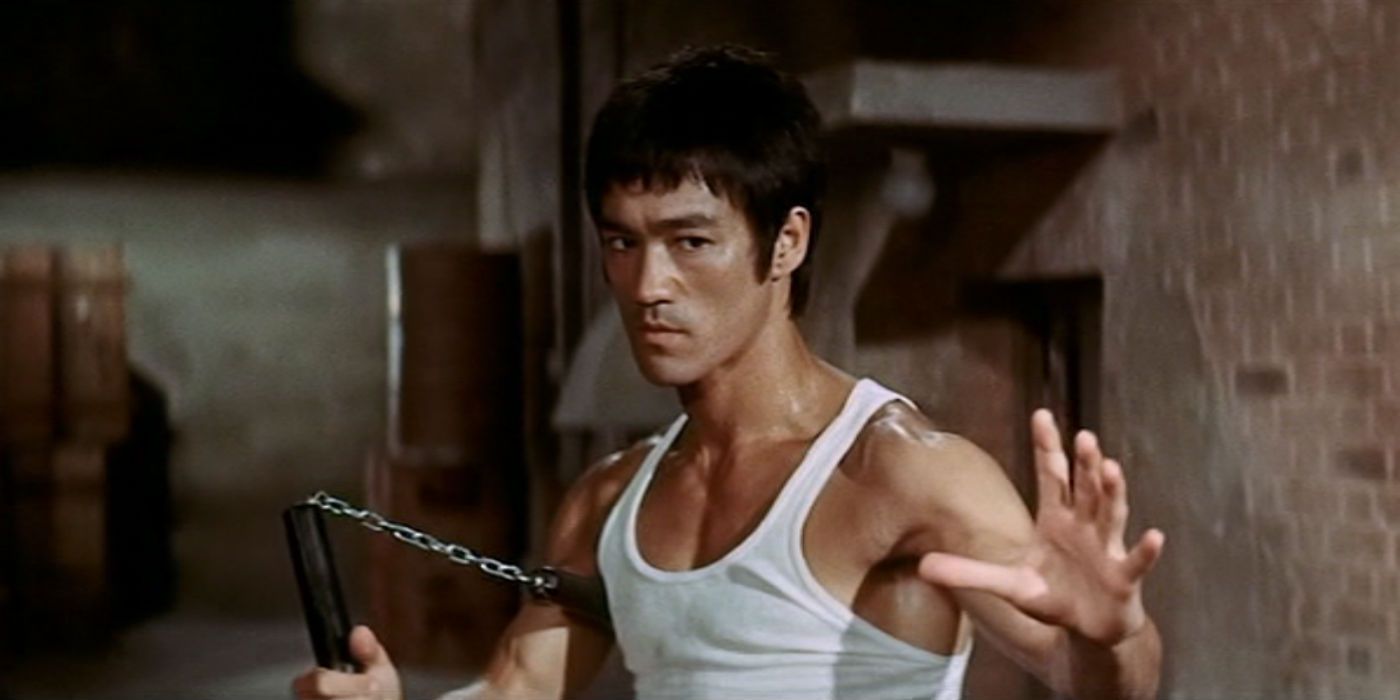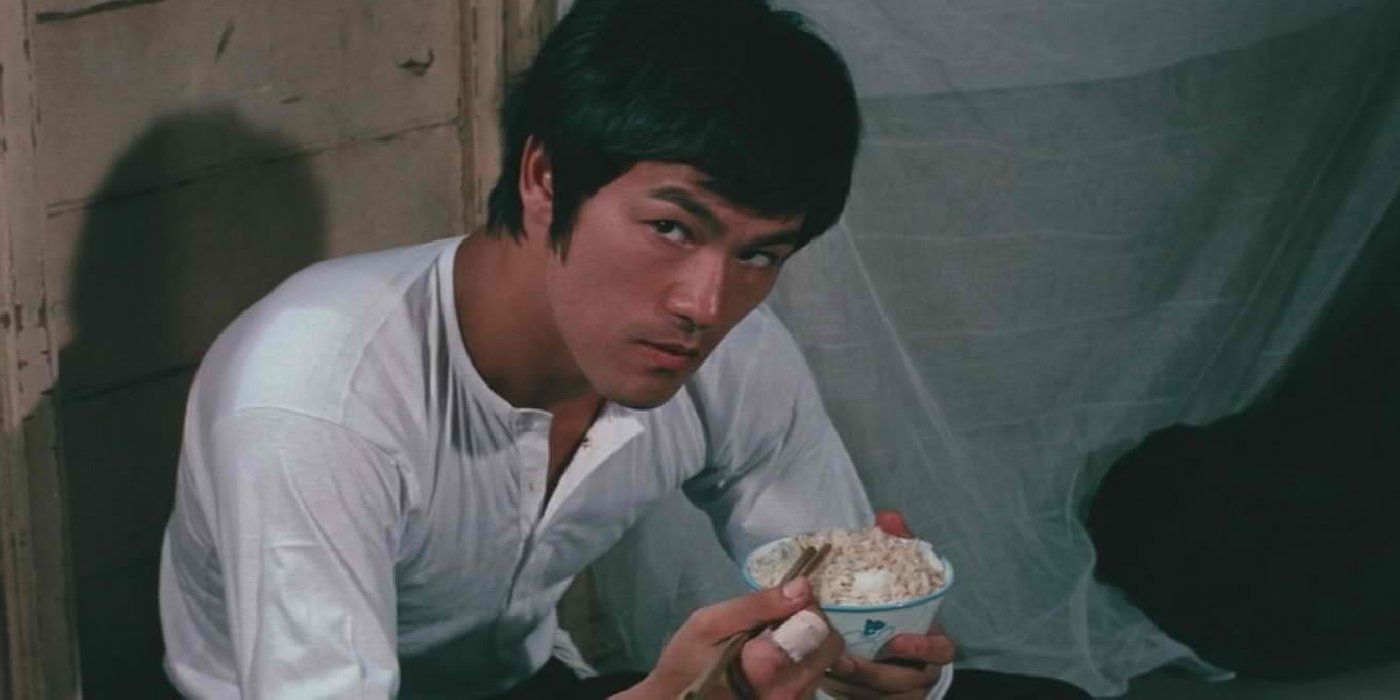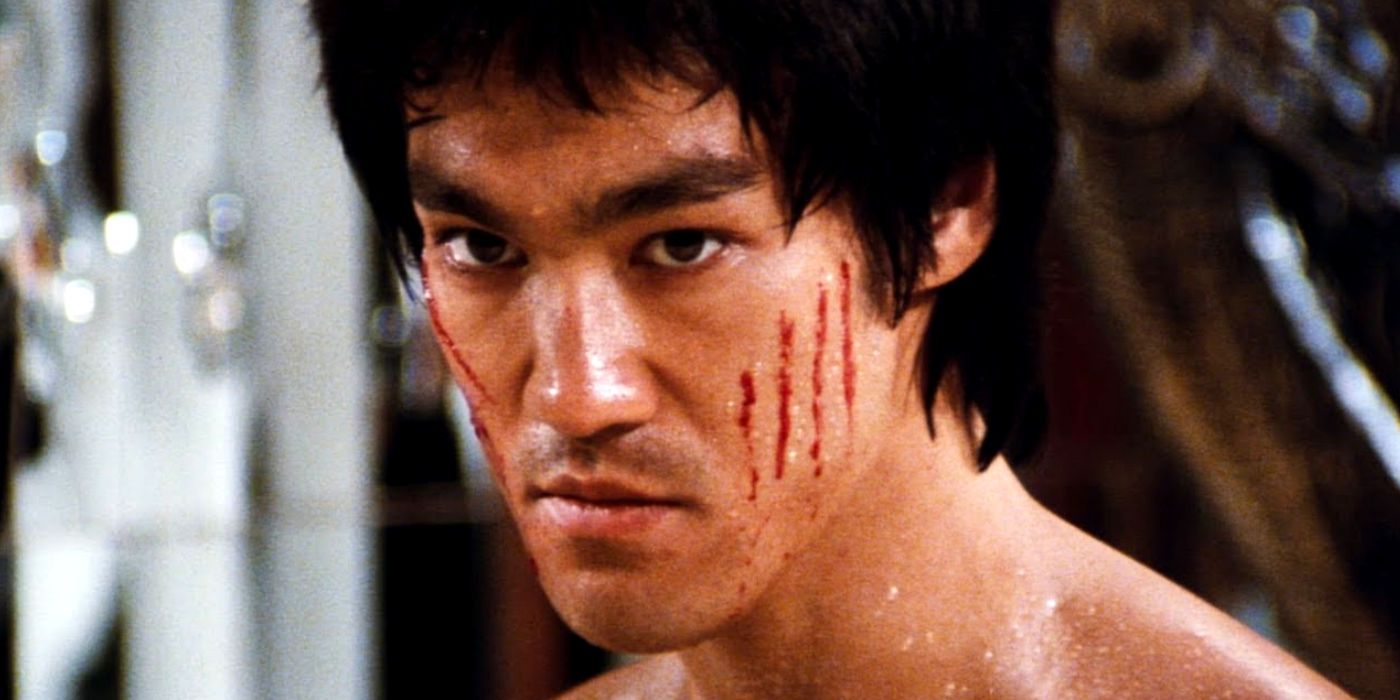Bruce Lee is known for the phrase "be like water", but what does that actually mean? During his tragically short career as a movie star, the martial arts legend created a number of inspirational quotes, which are still being repeated today by athletes, philosophers, and more.
Starring in five movies in the early 1970s, Bruce Lee is regarded all over the world as the most influential martial artist of all time. His performances in movies like The Big Boss and Fist of Fury are responsible for launching the kung fu craze of the 1970s and the 1980s. And thanks to Lee, people everywhere developed stronger interests in kung fu, and martial arts movies became bigger than ever. Even though Lee died during the filming of his fifth and final film - Game of Death - in 1973, he was able to change the martial arts movie industry forever.
Bruce Lee was more than just an inspiration to martial artists; he motivated people in general with famous quotes like "be like water". Lee said to "empty your mind", and explained that a person should be "formless" like water. He said that because water has no shape, it becomes whatever it is poured into, whether it be a cup, a bottle, or a teapot. The Enter the Dragon star went on to say, "water can flow or it can crash. Be water, my friend".
The Meaning Of Bruce Lee’s Quote “Be Like Water”
“Be like water” means that you should be formless. When Lee says to be "formless", he means that people shouldn't allow themselves to be trapped in a certain mindset. Instead, a person should be able to adapt to certain situations, grow, and change; that's how one can adopt the qualities of water. That's the basic interpretation of the phrase, but there's actually deeper meaning to be found in it, which can be more easily understood when looking at Lee's background and his previous comments about water.
It's important to note that many of Bruce Lee's beliefs and ideas came from the time he spent with his martial arts master, Yip Man (the subject of the four Ip Man films starring Donnie Yen). Yip Man was a grandmaster of Wing Chun, a fighting style based on reflexive movements. The principles of Yip Man and Wing Chun had a lot to do with how Bruce Lee's philosophy developed. After training under Yip Man, Bruce Lee had a realization when he would practice punching the water. According to Lee, it occurred to him that water was the "very essence of gung fu".
He discovered that no matter how hard he struck the water, he couldn't hurt it. Though it seemed weak, it could "penetrate the hardest substance in the world". It's formlessness and adaptability led to Lee deciding that he wanted to become like the "nature of water". The beginnings of this idea of Lee's was actually depicted in Ip Man 3 when Ip Man splashed water on Lee (Danny Chan). Lee believed that a person could achieve this goal of becoming like water through the "art of detachment", which involves emptying one's mind and relaxing.
How “Be Like Water” Started A Whole Martial Arts School
In 1967, Lee took his ideas and founded his own martial arts philosophy, Jeet Kune Do, a "formless" fighting style that embodied all of Lee's principles, particularly his "be like water" quote. Jeet Kune Do focuses on reacting and adapting, while dispensing with the tradition and rules that accompany all other kung fu styles. Since Jeet Kune Do is more of a system of ideas than it is an actual martial arts style, the teachings of Jeet Kune Do don't require its practitioners to rely on certain stances or moves. After all, the whole point is to be formless and willing to adapt to whatever the opponent is doing. This made Jeet Kune Do fundamentally different from what other kung fu schools students were teaching, especially since Lee combined moves and strategies that previously had no place in Chinese martial arts. For instance, Lee even taught his students the famous footwork of professional boxer Muhammad Ali. This approach went against the practices of others schools but was consistent with Bruce Lee's "be like water" philosophy.
Other Famous Bruce Lee Quotes
Bruce Lee inspired with a range of poignant quotes and philosophical lessons during his time, including:
- “It’s like a finger pointing away to the moon. Don’t concentrate on the finger or you will miss all that heavenly glory.”
- “I fear not the man who has practiced 10,000 kicks once, but I fear the man who has practiced one kick 10,000 times.”
- “Research your own experience. Absorb what is useful. Reject what is useless. Add what is essentially your own.”
- “Defeat is not defeat unless accepted as a reality in your own mind.”
- “Using no way as way; having no limitation as limitation.”
- “Always be yourself. Express yourself. Have faith in yourself.”
- “As you think, so shall you become.”
- “If everyone would help their neighbor, then no one would be without help.”
What Is Bruce Lee’s Legacy?
Bruce Lee had a wide-reaching, long-lasting impact on popular culture, the kung fu movie industry, and martial arts in general. Admittedly, the kung fu genre was already starting to pick up steam when Lee made The Big Boss, but what he brought to the table revolutionized the industry, made it much bigger, and created a new set of expectations for how movies approached martial arts choreography. For a time, interest in Lee was so great that studios started hiring Bruce Lee look-alikes and using variations of his name to push their films. Though this turned out to be a passing phase, Bruce Lee's legacy and influence lingered and grew beyond just Hong Kong movies. His unique ideas, image, fighting style, and contributions to cinema made him a cultural icon in both the East and the West. Despite having starred in only four completed kung fu films, Lee is still the most popular and most recognizable martial arts actor in history.


